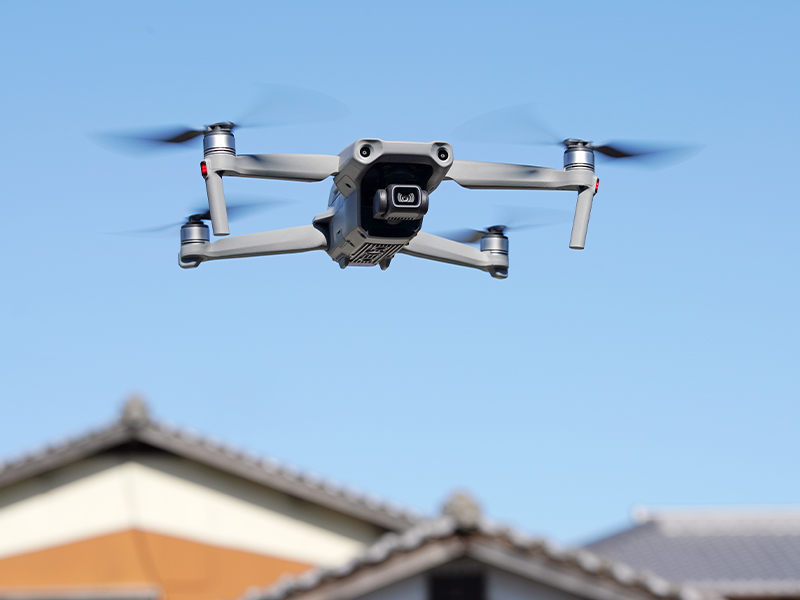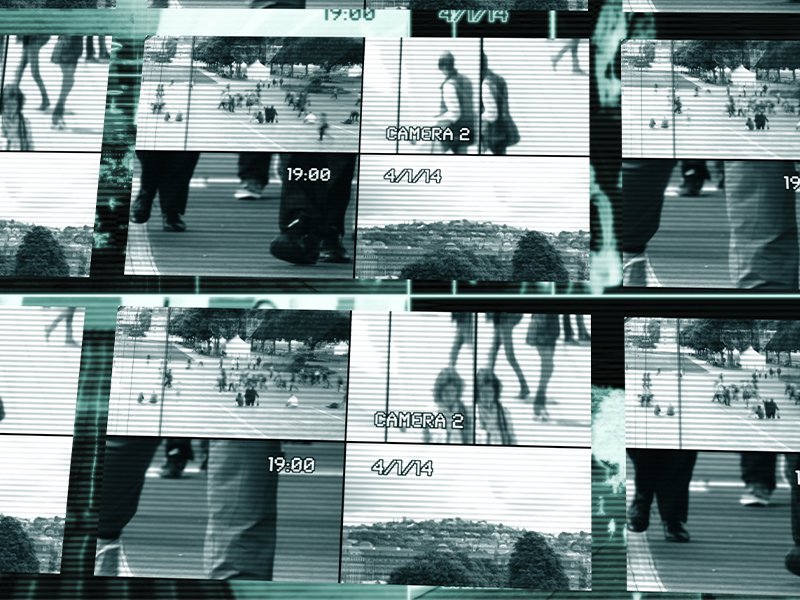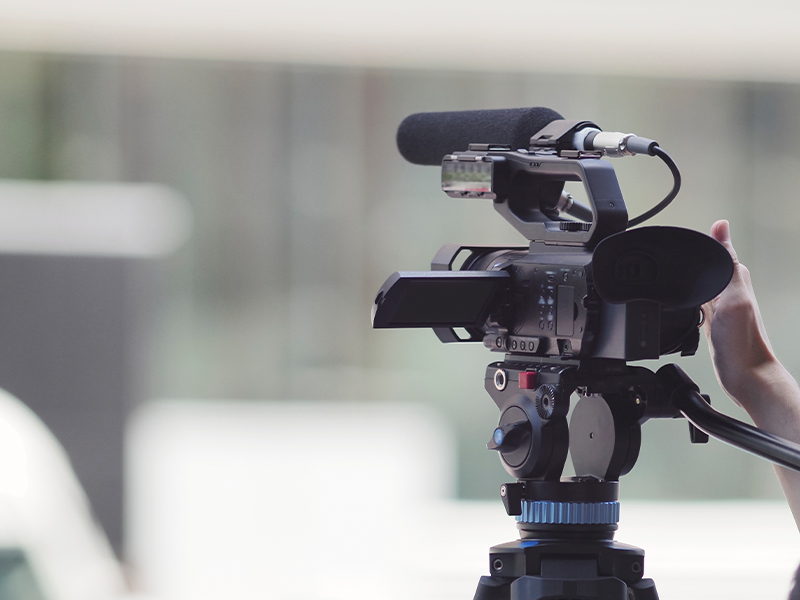In the evolving landscape of civil litigation, technological advancements continue to reshape the way legal teams approach cases. One such innovation that has gained prominence is the use of contract drone pilots. These skilled professionals bring a unique perspective to the legal realm, offering invaluable aerial insights that can significantly impact the outcome of civil cases. This article explores the multifaceted role of contract drone pilots as effective assets to legal teams, detailing how their services can be strategically employed in the various stages of civil litigation.
Aerial Insights: The Power of Drone Technology
Drones, equipped with high-definition cameras and advanced sensors, have revolutionized the way we capture and interpret visual data. In the legal sphere, the applications of drone technology extend far beyond traditional photography or surveillance. Contract drone pilots, trained to operate these aerial devices, can provide an unprecedented view of landscapes, properties, and events, offering a wealth of information that can be harnessed to bolster legal arguments.
- Scene Documentation and Reconstruction
One of the primary advantages of incorporating contract drone pilots into civil litigation is their ability to document scenes and reconstruct events from unique vantage points. In personal injury cases, for instance, a drone can capture detailed images or videos of accident scenes, providing a comprehensive overview that may not be attainable from ground-level perspectives alone. This documentation can be crucial in establishing the sequence of events, determining liability, and supporting expert testimonies.
- Property and Land Use Disputes
In cases involving property boundaries, land use disputes, or environmental claims, contract drone pilots can be instrumental in conducting aerial surveys. Drones equipped with surveying tools can capture accurate topographical data, helping legal teams analyze land features, identify encroachments, and present a more detailed and accurate representation of the disputed area. This level of precision can be pivotal in resolving property-related conflicts.
- Evidence Gathering in Catastrophic Events
In the aftermath of natural disasters, accidents, or environmental hazards, contract drone pilots can swiftly and safely survey the affected areas. This is particularly beneficial in cases where time is of the essence, as drones can navigate through hazardous terrain or inaccessible locations, providing real-time data that aids in assessing damages, estimating losses, and preparing evidence for legal proceedings.
- Construction Defect Litigation
Contract drone pilots can play a vital role in construction defect litigation by conducting aerial inspections of structures. Drones equipped with high-resolution cameras can capture detailed images of roofs, facades, and other structural components, allowing legal teams to identify and document defects or substandard workmanship. This evidence can be pivotal in demonstrating construction deficiencies and supporting claims for repairs or compensation.
- Surveillance and Monitoring
In cases involving surveillance or monitoring, such as insurance fraud investigations or compliance checks, drones offer a discreet and effective means of gathering visual evidence. Contract drone pilots can conduct aerial surveillance without arousing suspicion, capturing footage that may be crucial in establishing or refuting claims. This can be particularly useful in cases where traditional ground-level surveillance may be impractical or compromised.
Cost-Effective and Efficient Solutions
Hiring a contract drone pilot provides legal teams with a cost-effective and efficient solution for obtaining high-quality aerial data. Purchasing and maintaining drone equipment, along with training personnel for their operation, can be a substantial financial investment. By contracting drone pilots, legal professionals gain access to specialized expertise without the burden of ownership.
- Expertise and Training
Contract drone pilots bring a specific skill set to the table, including expertise in drone operation, navigation, and the legal regulations governing their use. This specialized training ensures that the data collected is not only accurate but also complies with legal and ethical standards. Legal teams benefit from the proficiency of these professionals without the need for extensive in-house training.
- State-of-the-Art Equipment
Drones are continually evolving, with new models featuring advanced sensors, improved stability, and enhanced camera capabilities. Contract drone pilots typically use state-of-the-art equipment, ensuring that legal teams have access to the latest technology without the need for constant equipment upgrades. This ensures that the data collected is of the highest quality and relevance to the case.
- Cost Efficiency
The cost of hiring a contract drone pilot is generally more economical than investing in drone equipment and training internal personnel. Legal teams can leverage the services of drone pilots on a case-by-case basis, tailoring their usage to the specific needs of each litigation. This flexibility allows for a more efficient allocation of resources, particularly in cases where aerial data may not be required in every instance.
Legal Strategies: Utilizing Drone Data in Civil Cases
- Enhancing Case Presentation
Aerial footage captured by contract drone pilots can significantly enhance case presentations. Whether in courtrooms, mediations, or settlement negotiations, visual data from unique perspectives provides a compelling and persuasive narrative. This can be especially impactful in personal injury cases, where the extent of property damage, accident scenes, or environmental factors can be vividly communicated through drone footage.
- Supporting Expert Testimonies
In cases where expert testimonies play a pivotal role, drone data can serve as a powerful supporting tool. For example, in construction defect litigation, a structural engineer’s testimony can be reinforced by aerial footage that highlights specific structural issues. This combination of expert analysis and visual evidence strengthens the overall credibility of the case.
- Negotiating Settlements
Drone data can be a strategic asset during settlement negotiations. The comprehensive and objective nature of aerial footage can facilitate more informed discussions between parties. By presenting a clear visual representation of the facts, legal teams can bolster their negotiating position and increase the likelihood of reaching favorable settlements.
- Streamlining Discovery Processes
Contract drone pilots contribute to the efficiency of the discovery process by providing comprehensive visual data. This data can be organized, cataloged, and presented in a manner that streamlines the review process for legal teams. Instead of sifting through voluminous documents, attorneys can focus on key pieces of evidence presented visually, saving time and resources.
In conclusion, contract drone pilots have emerged as valuable assets for legal teams navigating the complexities of civil litigation. Their ability to capture unique perspectives, provide accurate aerial data, and present compelling visual evidence makes them indispensable in various stages of legal proceedings. From enhancing case presentations to supporting expert testimonies and streamlining discovery processes, the applications of drone technology in civil litigation are extensive. As the legal landscape continues to evolve, legal professionals who embrace the capabilities of contract drone pilots position themselves at the forefront of innovation, leveraging technology to build stronger and more persuasive cases.





